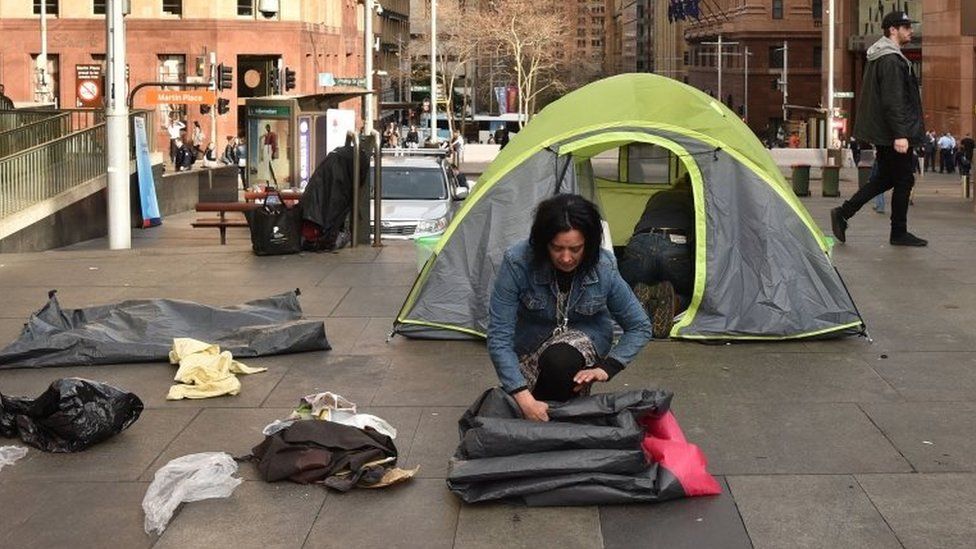Britain’s Court of Appeal has overturned a High Court ruling that sought to evict 138 asylum-seekers from a hotel in Essex, delivering a legal victory to the Labor government amid mounting political tensions over the country’s migration policies.
The three-judge panel found that the earlier injunction which would have forced residents of the Bell Hotel in Epping to leave by September 12 was legally flawed and risked destabilizing the government’s nationwide approach to asylum housing.
Court Ruling
Justice David Bean, delivering the judgment, said the High Court’s reasoning contained “a number of errors in principle,” warning that the closure of one site would inevitably create a shortage elsewhere.
He further cautioned that giving weight to local protests, as the lower court had done, risked “encouraging further lawlessness” and undermining the rule of law.
The government, backed by Somani Hotels, which owns the Bell Hotel, had argued that the injunction threatened to set a dangerous precedent, potentially emboldening other councils to mount legal challenges that could unravel its housing strategy.
Local Protests and Political Fallout
The Bell Hotel has been at the center of a heated national debate, becoming a focal point for protests by both opponents and supporters of asylum-seekers. Tensions spiked after a hotel resident was charged with sexually assaulting a 14-year-old girl, an allegation he denies and is contesting in court.
Conservative opposition leader Kemi Badenoch condemned the government’s legal stance, saying:
“Local communities should not pay the price for Labor’s total failure on illegal immigration.”
Labour ministers countered that abrupt hotel closures would leave migrants destitute. Health Minister Stephen Kinnock warned earlier Friday that removing accommodation without alternatives in place could push asylum-seekers “onto the streets.”
Broader Migration Challenge
The ruling comes as Labour, in office for just over a year, struggles to manage the surge in asylum-seekers arriving on small boats across the English Channel.
Housing asylum-seekers in hotels was once a temporary solution but became widespread after arrivals surged in 2020. At the end of June, more than 32,000 asylum-seekers were housed in hotels across the UK, according to the Home Office an 8 percent increase from last year, though significantly lower than the peak of 56,000 in September 2023.
Despite the reduction, the practice remains politically explosive. Several councils, including Labor-led ones, had indicated they were exploring similar injunctions to block hotels in their jurisdictions from being used as shelters.
With the Court of Appeal’s ruling, the government has reinforced its authority to continue housing migrants in hotels at least for now while it searches for longer-term solutions to Britain’s asylum crisis.


